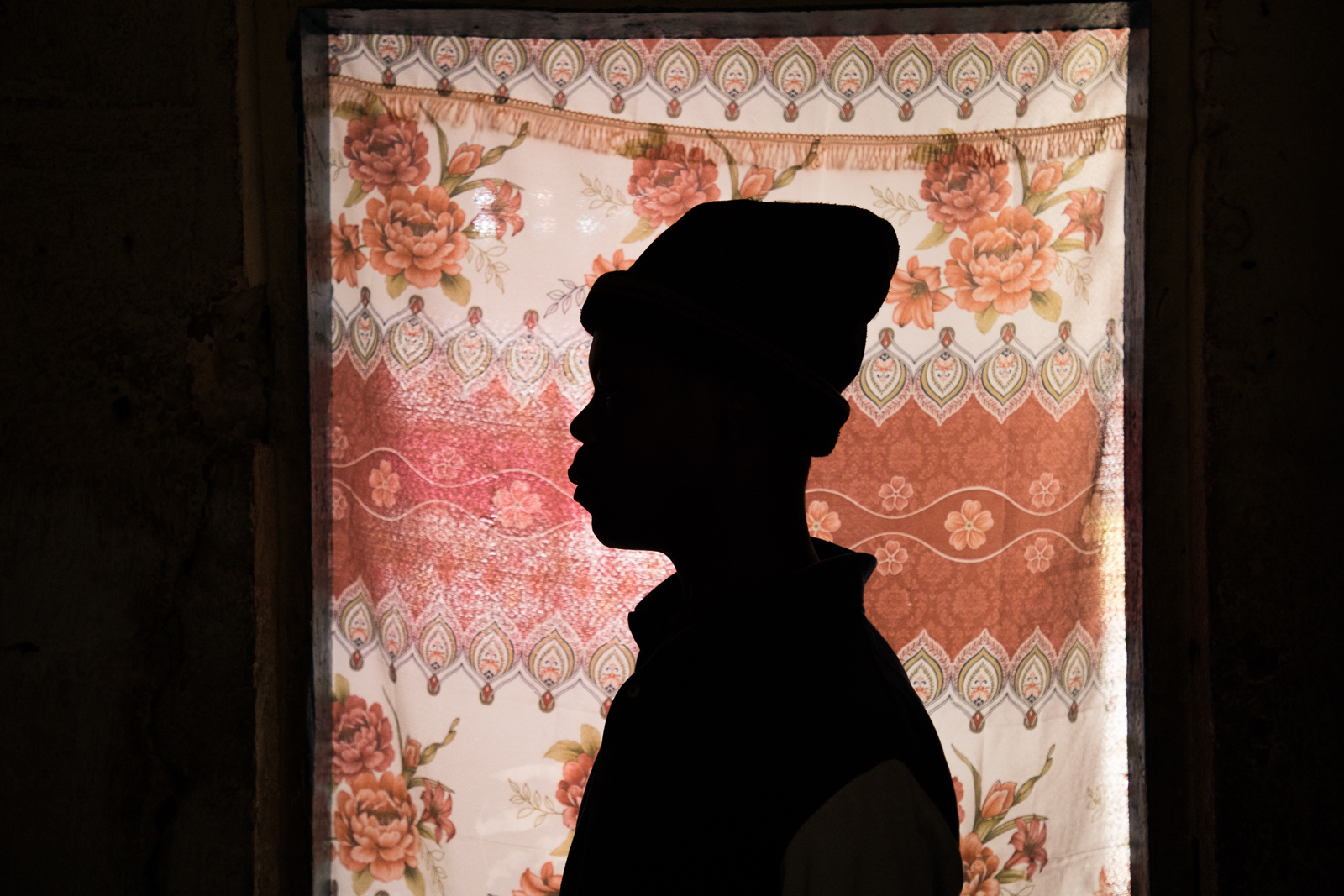
Hundreds of child recruits freed in South Sudan – but 19,000 are still with armed groups
Barriers to education, Child soldiers, Children in conflicts, Education in emergencies, Girls' education, Right to education
The freed children will be reunited with their families and given access to education - but human rights campaigners warned many child soldiers are still being recruited.
It’s not even seven years old. But South Sudan is engulfed in its fifth year of conflict – and huge numbers of children have suffered through displacement, hunger and lack of education.
Being forced to join armed groups is another massive issue for children in the world’s newest country. An estimated 19,000 of them are serving with armed forces.
But some of them may be going home at last. Over 300 children – including 87 girls – were released by armed groups yesterday, with another 400 expected to be freed in coming weeks.
One of those released was Bakhita, who was only 12 when rebels snatched her from her family’s farm. She spent two years with them.
“I was thinking of my family every day. Sometimes, I cried but I couldn’t escape, the soldiers were everywhere in the bushes,” Bakhita told Thomson Reuters Foundation in the western town of Yambio.

“There’s no house. We sleep in a tent,” said Bakhita. “Sometimes at night, some soldiers come to my place and want to rape me by force.
“If I resist, they will beat me and make me cook for a week as a punishment for refusing to sleep with them.”
The 300 children were released by the South Sudan National Liberation Movement and the Sudan People’s Liberation Army-In Opposition at a ceremony in Yambio, the capital of Western Equatoria State.
It’s the first time child soldiers and other recruits have been freed in over a year.
“This is a crucial step in achieving our ultimate goal of having all of the thousands of children still in the ranks of armed groups reunited with their families,” said Mahimbo Mdoe, UNICEF’s Representative in South Sudan.
“It is the largest release of children in nearly three years and it is vital that negotiations continue so there are many more days like this.”
The handover came a day after Human Rights Watch said South Sudanese armed forces and armed opposition groups continue to recruit child soldiers and force them into the conflict.
And last week the United Nations launched an appeal for funds to support refugees fleeing the worsening humanitarian situation.
The children released yesterday in Yambio will get counselling and psychosocial support and be reunited with their families or placed in care centres until their relatives can be traced. UNICEF – the United Nations children’s agency – and partners will also ensure they have access to schools and accelerated learning centres.
Mesfin Loha, National Director of World Vision South Sudan, said: “The children will take part in vocational training, return to school or be linked to local trades people for apprenticeship and mentoring.”
Virginia Gamba, the UN Special Representative for Children and Armed Conflict, said: “These children now have an opportunity to rebuild their lives. We can’t let them down and I call on the international community to support their reintegration by providing adequate resources.”
Despite the release of this group, Human Rights Watch said more child soldiers are being recruited despite promises to stop.
“The continued recruitment and use of children by the military and opposing armed groups point to the utter impunity that reigns in South Sudan, and the terrible cost of this war on children,” said Mausi Segun, Africa director at Human Rights Watch.
The organisation found that commanders from both government forces and rebel groups have been abducting, detaining and forcing children – some as young as 13 – into their ranks since the warring parties signed the Agreement on the Resolution of the Conflict in South Sudan in August 2015.
The armed forces again promised to demobilise any child recruited or enlisted by their group to UNICEF by the end of January 2018. But this has not happened.
Many boys said soldiers abducted them from their homes or off the street, detaining them for days or weeks at times in overcrowded containers, sometimes tying them up.
Several described harsh training conditions and physical punishments such as lashing and confinement.
Many appeared traumatised from the violence and from being separated from their families. Almost all said they missed being at school.
More than half of South Sudan’s 1.8 million children of school age are not getting an education, according to UN figures. Three-quarters of the population are illiterate.
The government says 6000 new schools need to be built. Less than 4% of its annual budget currently goes to education but South Sudan pledged last week to raise that to 10%.
Conflict and insecurity has forcibly displaced a third of the country’s population – either within South Sudan or across borders. 65% of them are under 18.
Inside the country, seven million people are in need of humanitarian assistance. Another nearly 2.5 million have fled to neighbouring countries, making it the fastest-growing refugee crisis in Africa.
Filippo Grandi, UN High Commissioner for Refugees, said: “The conflict is purging South Sudan of the people who should be the greatest resource of a young nation. They should be building the country, not fleeing it.”
There was one bit of good news for the fledgling country this week. South Sudan declared the end of its longest and largest cholera outbreak – which began in June 2016 – with no new cases of cholera reported in over seven weeks.
More news

Skills for the future give young people the best chance of success
